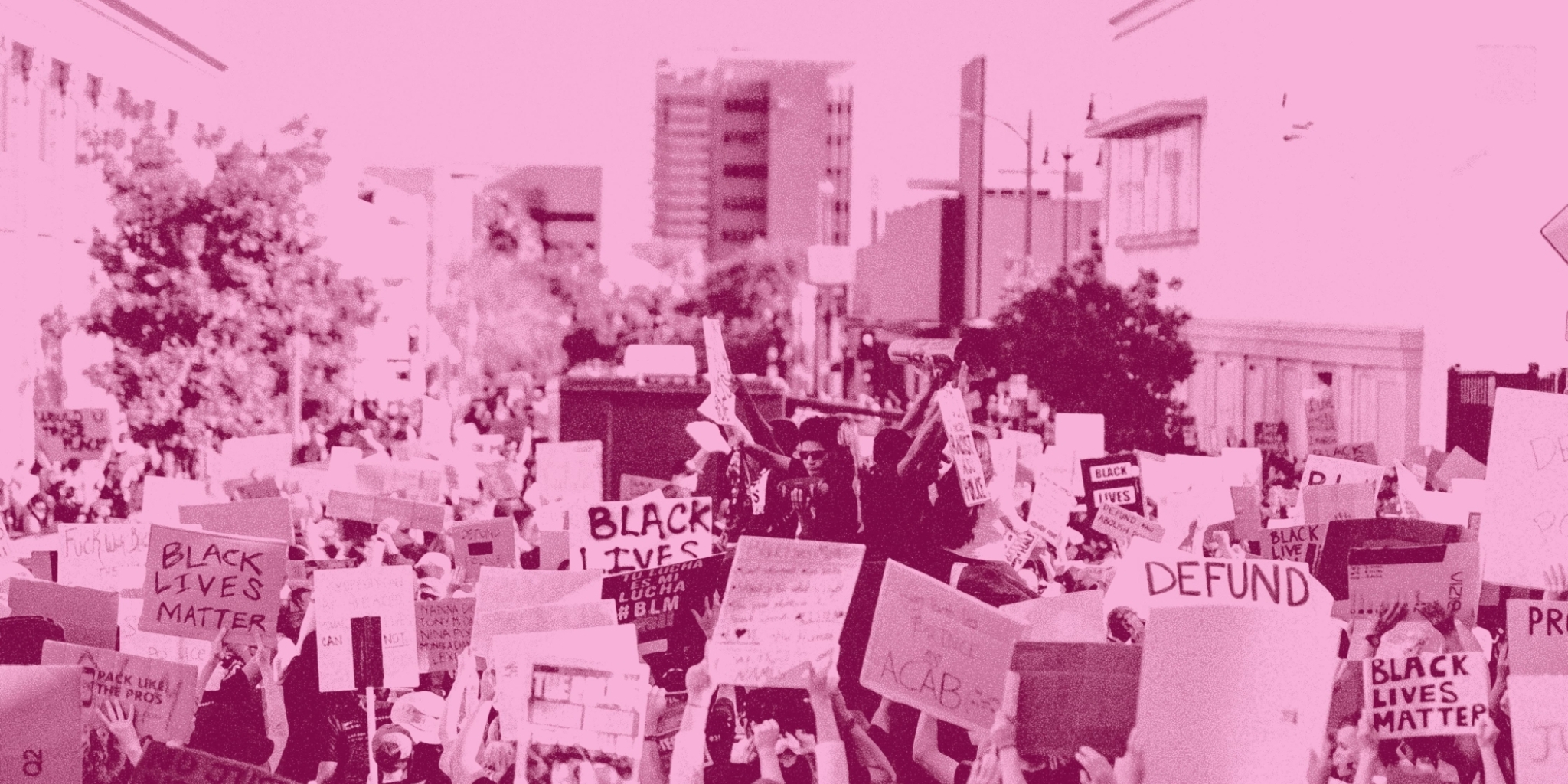Hard to Enact Change
Insight:
It is, in fact, harder than it used to be to enact change.

Download the Full Report
Hopeful Monsters: Movement Upsurges, Mass Protest, and Solidarity in FluxIf power is in numbers, then we have the numbers. But the math isn’t mathing.
Countless organizers have told us that they perceive the system to be more recalcitrant, the status quo more static, and the government more unresponsive to public demands – no matter how popular – than ever before.
Yet metamorphic leaps in culture, common sense, everyday language, and some state-level policy wins signal a shift toward a more progressive baseline. Majorities of Americans support all the meat-and-potato progressive issues: minimum wage increases, Medicare for all, rent stabilization, tuition-free colleges, access to abortion, paid parental leave, and increased action on climate change. The magnitude of people turning out to demonstrate their political commitments in action is greater than ever before. Even among those who don’t take to the streets, there is a greater understanding of, and a deeper appreciation for, the purpose of disruptive action.
Today’s social movements have more resources, infrastructure, and international presence than in any previous generation. Millennials — radicalized by the Great Recession and incessantly patronizing Boomers — created online organizing and nearly catapulted Bernie Sanders to the presidency. Seventy percent of Gen Z-ers say they are involved in a social or political cause, and one in three identifies as “regularly engaged in activism or social justice work.”
For sources and contextual details, read the full report.